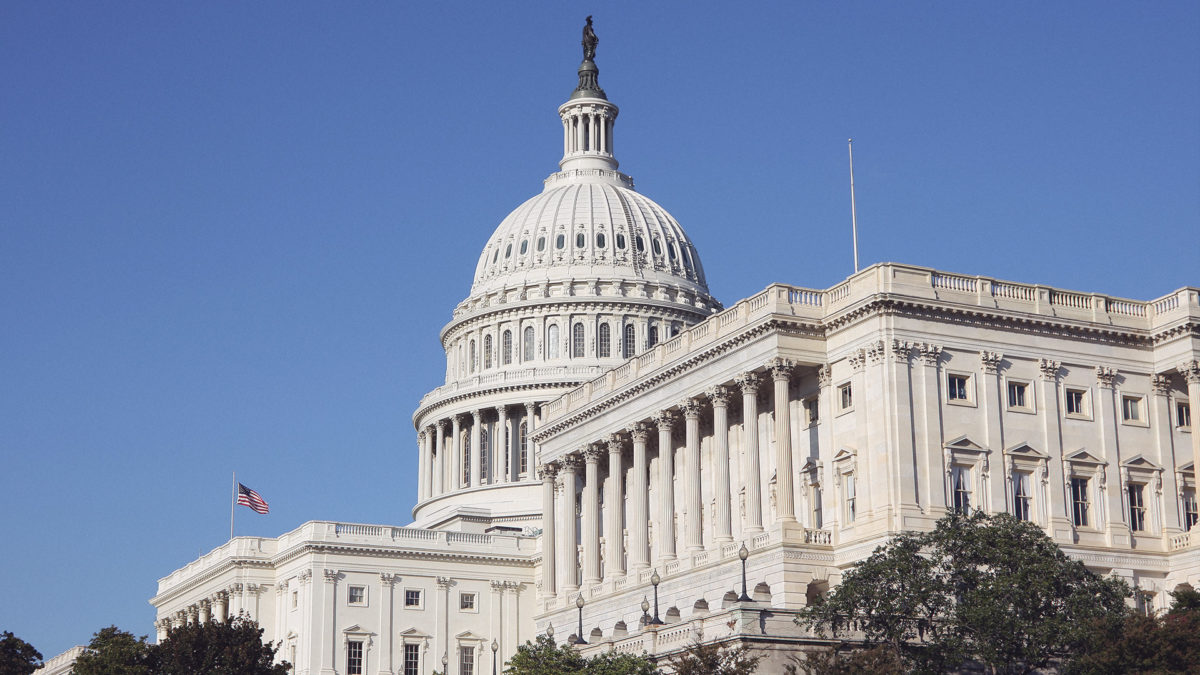Rep. Emmer reintroduces safe harbor tax legislation for forked crypto assets in Congress


Representative Tom Emmer (MN) reintroduced his Safe Harbor for Forked Assets Act today.
The proposed legislation would prohibit the Internal Revenue Service (IRS) from leveraging penalties related to forked assets until it issues further guidance for taxpayers.
Under the bill, the personal receipt of a cryptocurrency resulting from a fork, or an event during which a cryptocurrency network splits into two distinct chains, would fall under the safe harbor, meaning it wouldn't constitute a taxable event until the IRS provides additional clarity.
The IRS released guidance related to hard forks in October 2019. At the time, it sought to clarify that taxpayers who receive new crypto as a result of a hard fork are responsible for any accession of wealth related to the event. Those who don't receive new crypto don't have the same responsibility.
Critics of that guidance said the effort failed to sufficiently clarify the tax treatment for hard forks and airdrops because it is not entirely clear what it means to "receive" cryptocurrency. Emmer and other members of the House of Representatives agreed, sending a letter to the IRS, urging it to distribute additional information.
Months earlier in 2018, Emmer first filed a bill seeking to create a safe harbor for those holding forked assets. After the IRS's 2019 guidance on hard forks, he reintroduced it, saying the guidance placed an additional burden on taxpayers by denoting any crypto received from a hard fork as a taxable event.
The IRS has yet to issue additional guidance on the subject, and with the release of the new bill, Emmer charged the agency with keeping up with the pace of innovation as he reintroduced the bill for a second time.
"Taxpayers suffering from a lack of tax guidance are being unfairly punished for investing in an emerging technology," he said. "What has been issued by the IRS so far is not pragmatic and has not supported the technology nor those who engage with it."

